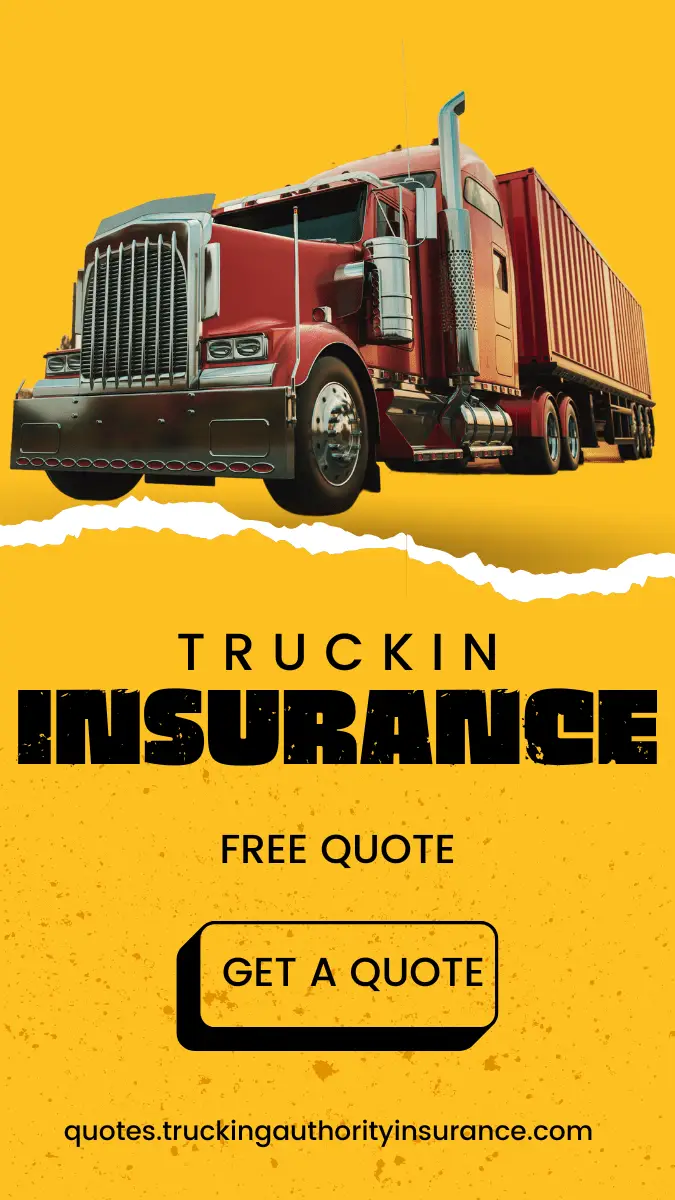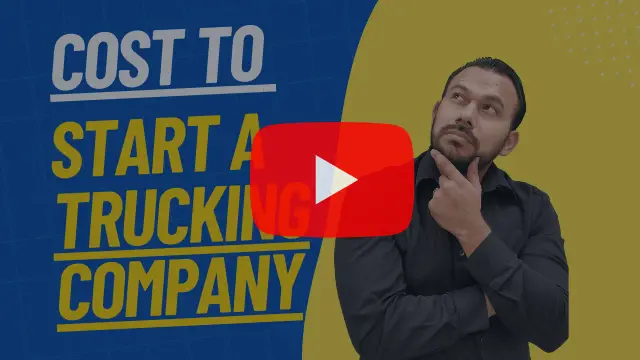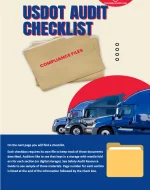Obtaining your motor carrier authority is a vital step for anyone planning to operate a commercial trucking business in the state of Florida. This process, while detailed, ensures compliance with federal and state regulations, allowing you to transport goods legally and professionally. Below, we outline the essential steps to help you secure your motor carrier authority with ease.
Why Motor Carrier Authority Matters
Motor carrier authority grants trucking companies the legal right to operate and haul freight for profit. Without it, your operations could face fines, penalties, or even shutdowns. Whether you’re starting a new business or expanding your existing operations into Florida, obtaining the proper authority is crucial for success.
Guide to Obtaining Motor Carrier Authority in Florida
- Register Your Business Entity
Before you can apply for motor carrier authority, you need to establish your business. Choose a business structure such as an LLC or corporation and register it with the Florida Division of Corporations. Ensure you obtain an Employer Identification Number (EIN) from the IRS.
- Secure a USDOT Number
Visit the Federal Motor Carrier Safety Administration (FMCSA) website to apply for a USDOT number. This number is used to track your company’s safety record and compliance with federal regulations.
- Apply for Motor Carrier Authority
Submit an application for motor carrier authority through the FMCSA’s Unified Registration System (URS). This step requires filing Form OP-1 and paying the associated fee. Be prepared to specify the type of operations you plan to conduct, such as interstate or intrastate.
- Obtain Insurance Coverage
You’ll need to secure liability and cargo insurance that meets FMCSA requirements. Work with an insurance provider specializing in commercial trucking to ensure you meet all necessary coverage limits. File Form BMC-91 or BMC-91X with the FMCSA to verify your insurance.
- Designate a Process Agent
File Form BOC-3 to designate a process agent for each state where you operate. A process agent will handle legal documents on your behalf.
- Register for IFTA and IRP
For interstate operations, you must register for the International Fuel Tax Agreement (IFTA) and the International Registration Plan (IRP). Visit the Florida IRP Registration and Florida IFTA Registration pages for guidance.
- Comply with Florida-Specific Requirements
Check the Florida Trucking and Motor Carrier Resources for additional state-specific requirements, including permits and operational guidelines.
- Prepare for FMCSA’s New Entrant Safety Audit
As a new motor carrier, you will undergo a safety audit within your first 18 months of operation. Ensure your compliance with record-keeping, driver qualifications, and safety standards to pass this audit successfully.
Need Help Obtaining Your Permits?
Get Your Trucking Authority Today!
We Can Help Setup Your USDOT & MC Number.
Speak With Our Experienced Permit Professionals That Can Help You Every Step Of The Way.
Call Us Today! Live Agents Are Standing By.
Common Mistakes When Applying for Motor Carrier Authority
- Incomplete Applications: Ensure all required forms are fully completed and accurate.
- Failing to Secure Adequate Insurance: Verify that your insurance coverage meets FMCSA and state requirements.
- Missed Deadlines: Stay on top of filing deadlines for registrations, permits, and renewals.
- Neglecting State-Specific Requirements: Familiarize yourself with Florida’s unique regulations to avoid non-compliance.
- Ignoring the New Entrant Safety Audit: Prepare thoroughly to pass the mandatory safety audit during your first 18 months of operation.
Key Resources and Tools
- FMCSA Website: https://www.fmcsa.dot.gov/
- DOT Website: https://www.transportation.gov/
- Florida IFTA Registration: Florida IFTA Registration
- Florida IRP Registration: Florida IRP Registration
- Florida Trucking Resources: Florida Trucking and Motor Carrier Resources
Trucking Authority Services
Our Additional Services
Beyond helping you with your USDOT Number application, we offer a range of services to support your trucking business:
- MC Number Application: Authorizes for-hire carriers and interstate operations.
- BOC-3 Filing: Mandatory for activating your authority.
- Unified Carrier Registration (UCR): Ensures compliance for interstate carriers.
- Form 2290 Filing: Compliance with the IRS Heavy Vehicle Use Tax (HVUT).
- IFTA Registration and Quarterly Filings: Simplifies fuel tax reporting for interstate carriers.
Business Formation Services
- New Business Setup: Assistance with forming corporations, LLCs, or partnerships tailored to your trucking business needs. Learn more in our detailed LLC for Trucking Company Guide.
State-Specific Permits
- Kentucky Weight Distance Tax (KYU): Required for vehicles over 59,999 lbs.
- New Mexico Weight Distance Permit: For trucks exceeding 26,000 lbs. operating in New Mexico.
- New York Highway Use Tax (HUT): For vehicles using New York highways.
- Oregon Weight Distance Permit: Necessary for trucks over 26,000 lbs. traveling in Oregon.
Explore our complete range of services here: Trucking Authority and Permit Services.
FAQs About Motor Carrier Authority in Florida
How long does it take to get motor carrier authority? The process typically takes 20-25 business days, provided all documents and filings are correct.
- What is the cost of obtaining motor carrier authority? The application fee for motor carrier authority is $300. Additional costs include insurance, registration, and other state-specific fees.
- Do I need a separate USDOT number for each state? No, a USDOT number is federally recognized and valid across all states.
- Can I operate without motor carrier authority? No, operating without proper authority can result in fines, penalties, and potential legal action.
- What are the insurance requirements for Florida-based motor carriers? Minimum liability coverage varies depending on the type of cargo and vehicle weight. Check with your insurance provider for specific requirements.
- How do I update my motor carrier information? Use the FMCSA’s online portal to update your information, such as address or operational changes.
- Is a safety audit mandatory? Yes, all new carriers must undergo a safety audit within the first 18 months of operation.
- Can I file these applications myself? Yes, but many carriers choose to work with compliance specialists to ensure accuracy and save time.
- What happens if my application is denied? You can address the issues cited and reapply. Common reasons for denial include incomplete applications or failure to meet insurance requirements.
- Do I need an ELD for my operations? Yes, most commercial motor carriers are required to use an electronic logging device (ELD) to track hours of service.
Next Steps
Obtaining motor carrier authority in Florida is a multi-step process that requires attention to detail and adherence to both federal and state regulations. By following this guide and leveraging the provided resources, you can streamline the process and focus on growing your trucking business. If you need assistance, visit TruckersAuthority.com for expert guidance and support.







